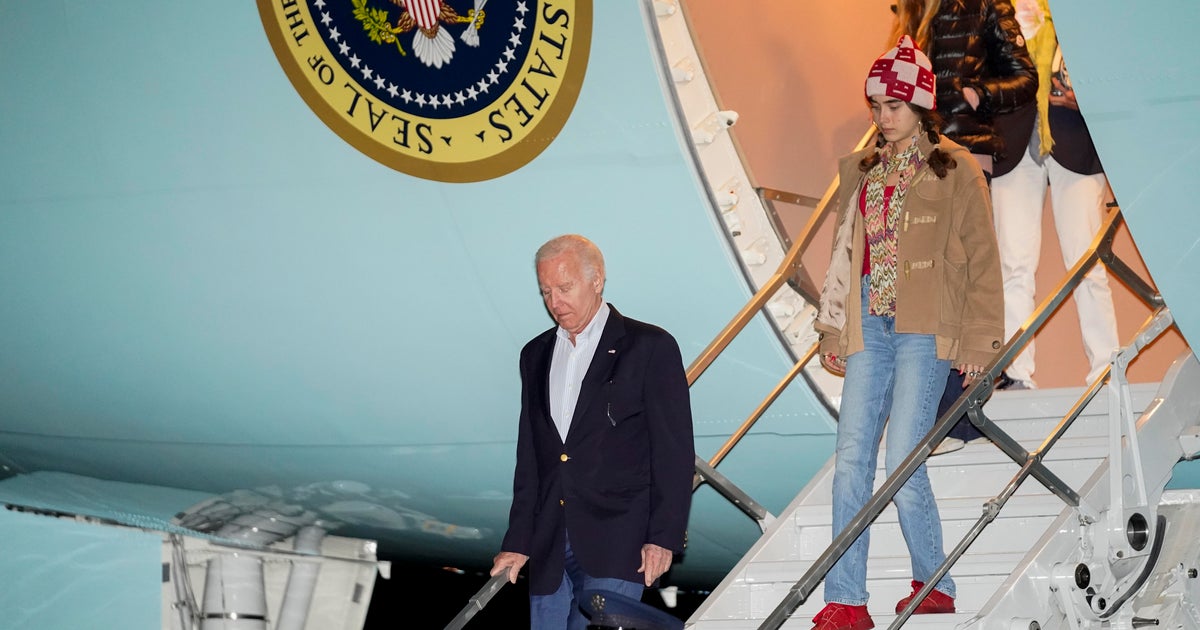U.S. tech exports support 858,000 jobs, trade group says
- Roughly 858,000 U.S. jobs were directly supported by tech exports in 2017, according to trade group CompTia.
- U.S. information technology exports reached $338 billion in 2018, up 2.5 percent.
- China is the third-biggest destination for U.S. tech exports behind Canada and Mexico.
The fierce U.S.-China war reveals another conflict between the world's two largest economies -- struggle for dominance of new technologies. The White House effectively banned U.S. firms this from selling components and software to Chinese telecom giant Huawei, the no. 2 mobile phone seller. So just how important is tech when it comes to trade?
858,000 U.S. jobs
Roughly 858,000 U.S. jobs were directly supported by tech exports in 2017, the last year for which government data was available, according to a new analysis by CompTIA, a tech industry trade group. About 580,000 of those jobs were tied to product exports, while 278,000 were tied to services. China is the third-biggest destination for U.S. tech exports behind Canada and Mexico, according to the group.
$338 billion in tech exports
The numbers are big. U.S. information technology exports around the world reached $338 billion in 2018, up 2.5 percent from the previous year. That means tech exports account for $1 of every $4 generated by American tech companies. Some 39 states reported growth in tech exports in 2018. The fastest-growing categories include cloud computing and "smart" speakers.
5G
Some tech areas, like 5G technology, are in their early stages, with China and the U.S. battling for the biggest foothold as the these high-speed telecom networks are built across the globe. U.S. companies don't want to miss out on the fast-rising Chinese market, but are also anxious to protect their intellectual property, Tim Herbert, senior vice president for research and market intelligence at CompTIA, told CBS MoneyWatch.
New iron curtain?
If the U.S. and China don't come to an agreement, there's also a risk for what observers including former Treasury Secretary Hank Paulson called an economic "iron curtain." In that scenario, tech supply chains unravel and the global economy slows as China and the U.S. develop technologies separately.



